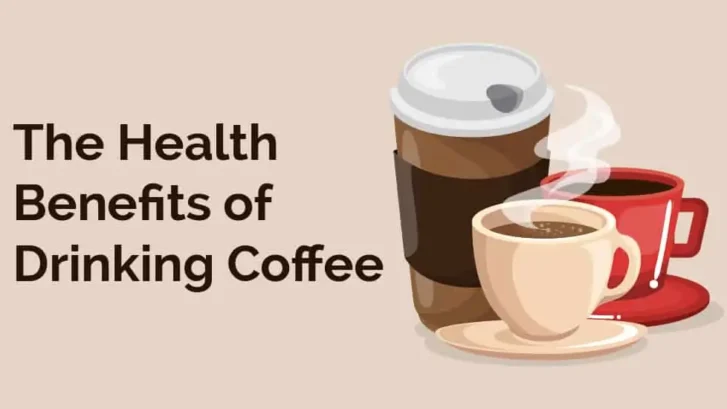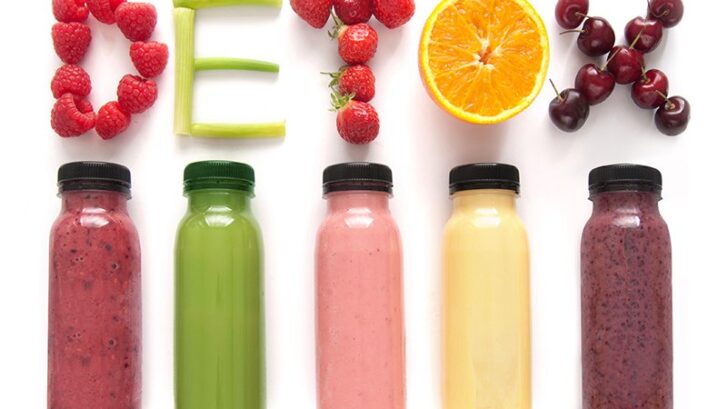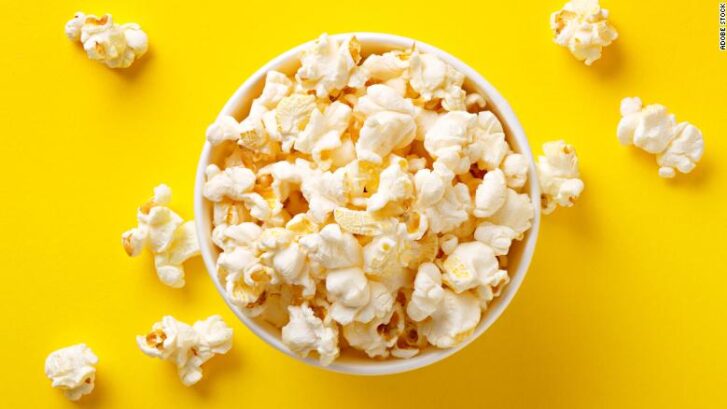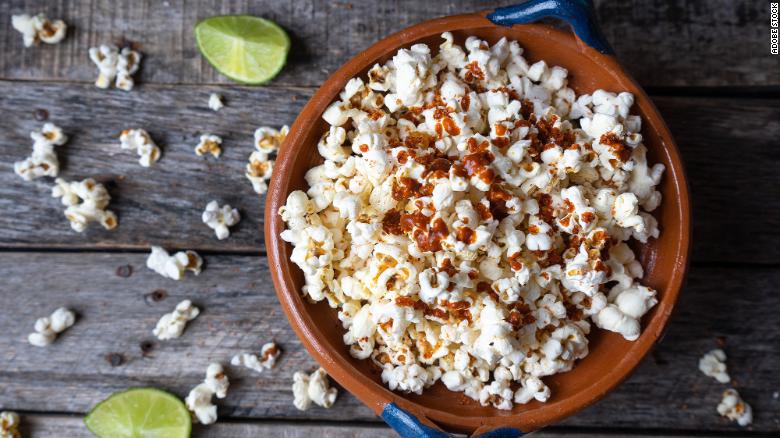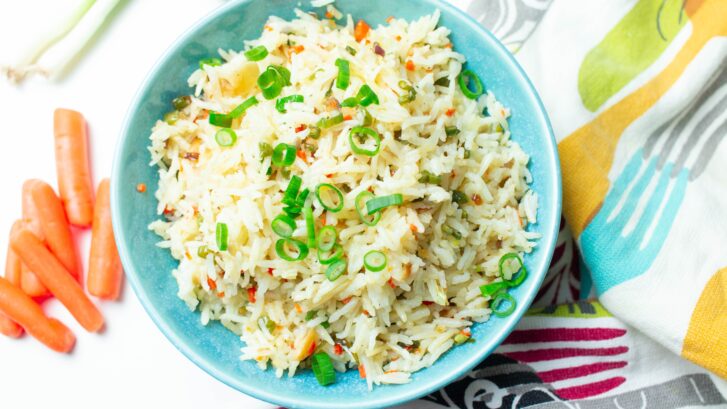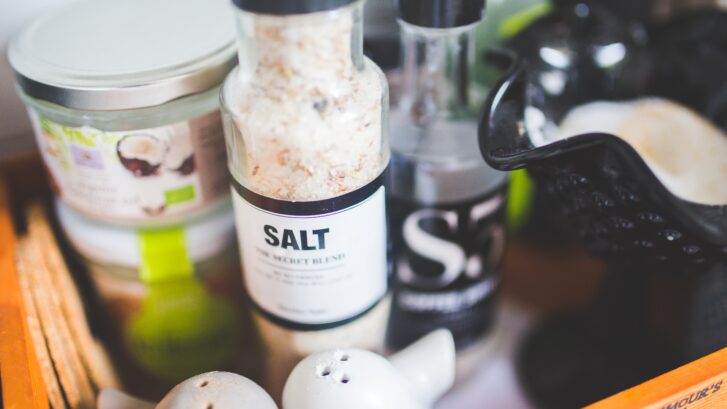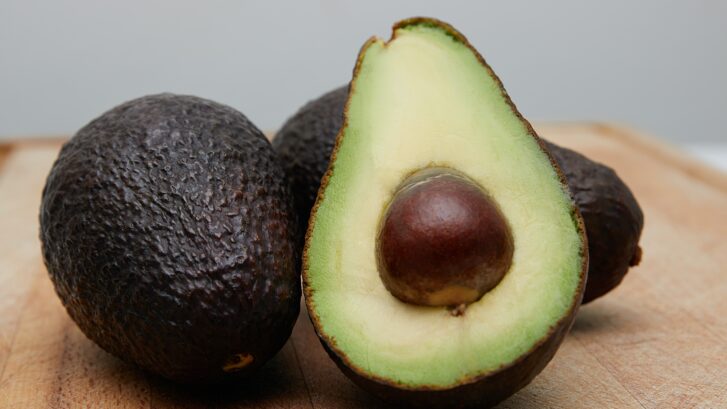Coffee Scores Another Win for Improving Health
Besides water, our primary care concierge doctors in Jupiter are hard-pressed to think of another beverage that offers such a wide range of health benefits as coffee.
For example, research has found that regular coffee consumption has been linked to a lower risk of:
- heart disease and strokes
- heart failure
- melanoma
- diabetes
- liver and prostate cancer
- Parkinson’s disease
Evidence piles up
Studies have also found that the caffeine in two cups of coffee a day provides significant protection against Alzheimer’s disease, as well as other types of dementia. A study released last year, for example, found that individuals who drank four to six cups of coffee or tea a day reduced their risk of stroke and dementia by 28 percent compared to those who did not drink either beverage.
Another study, published last year in the journal BMC Public Health, found that those who drink three to four cups of coffee a day (whether ground, instant, caffeinated or decaf) reduced their risk of chronic liver disease by 21 percent, compared with those who didn’t drink coffee at all.
A third study, also published last year in the American Heart Association (AHA) journal Circulation, found that drinking one or more cups of plain, caffeinated coffee a day was associated with a long-term reduced risk of heart failure.
The AHA researchers found that the risk of heart failure dropped between five percent and 12 percent for each cup of black coffee the subjects drank. The risk declined even more, to 30 percent, when subjects drank two or more cups daily in one of the studies. The study found, however, that decaffeinated coffee did not offer the same benefit.
“The association between caffeine and heart failure risk reduction was surprising,” senior author Dr. David Kao, medical director of the Colorado Center for personalized Medicine at the University of Colorado School of Medicine in Aurora, said in a statement.
“Coffee and caffeine are often considered by the general population to be ‘bad’ for the heart because people associate them with palpitations, high blood pressure, etc. The consistent relationship between increasing caffeine consumption and decreasing heart failure risk turns that assumption on its head,” he said.
Latest findings
The most recent research, published last month in the Annals of Internal Medicine, found that people who drink a moderate amount of coffee, defined as up to 3 1/2 cups a day, were up to 36 percent less likely to die from any cause over the seven-year period of the study than those who did not drink coffee.
It didn’t matter what type of coffee the subjects drank—ground, instant, caffeinated, or decaf—or even if they added a modest amount of sugar: The results were the same.
According to Johns Hopkins, there are also many other benefits from daily coffee consumption. For example:
- Coffee may help your body process glucose better, meaning you may be less likely to develop type 2 diabetes.
- Coffee may lower the risk of developing Parkinson’s disease, and help those who have it control their movements better.
- Coffee can help lower your risk of colon cancer.
- Drinking dark-roast coffee has even been shown to decrease breakage in DNA strands, which helps protect against various cancers.
Some coffee caveats
It’s typical with humans, however, to think that if something is good for you, more of it is better. That’s rarely the case, including with coffee.
The U.S. Department of Agriculture’s (U.S.D.A.) Dietary Guidelines for Americans recommend no more than 400 milligrams of caffeine a day. An average eight-ounce cup contains 95 milligrams of caffeine.
Several studies—including those outlined above—have found that five cups of coffee a day appears to be the upper limit of safety. In fact, a 2009 study found a 17-21 percent increased risk of death among those who drank four or more cups a day.
Other possible negative effects of too much coffee include:
- increased blood pressure
- headache
- heartburn
- dehydration
- increased heart rate
- abnormal heart rhythm
- anxiety
- dizziness
- insomnia
In addition, a 2017 study found that pregnant women who drink more than four cups of coffee a day were more likely to experience low birth rate babies, preterm births, and stillbirths.
Another study linked coffee consumption with the possibility of increased bone loss in postmenopausal women if their diets lack sufficient calcium intake.
Finally, those who are sensitive to caffeine may experience many of these side effects with even small amounts of coffee. Older adults also may not be able to metabolize caffeine as well they did when they were younger.
And anyone who is taking certain drugs (like ephedrine, used in decongestants) can experience increased blood pressure, along with a higher stroke risk, when they consume coffee as well.
But if you’re not caffeine-sensitive, and you don’t overdo it, our primary care doctors urge you to feel free to enjoy that third or fourth cup of the day without guilt.

